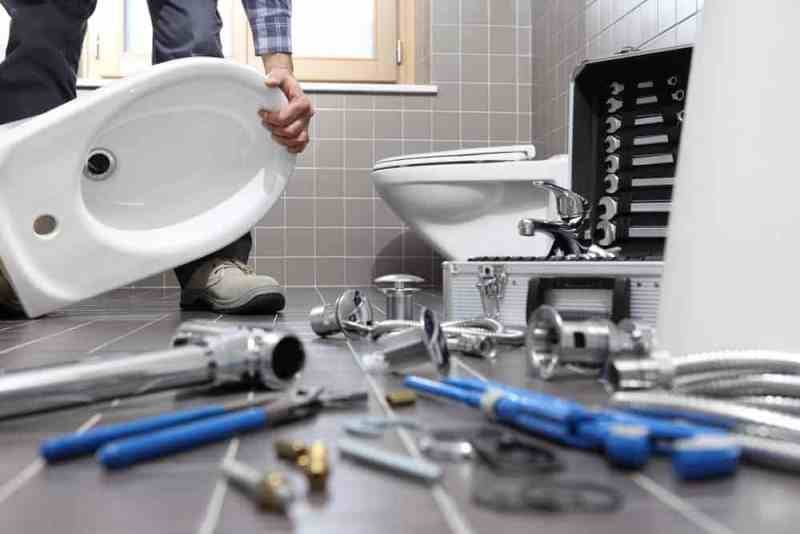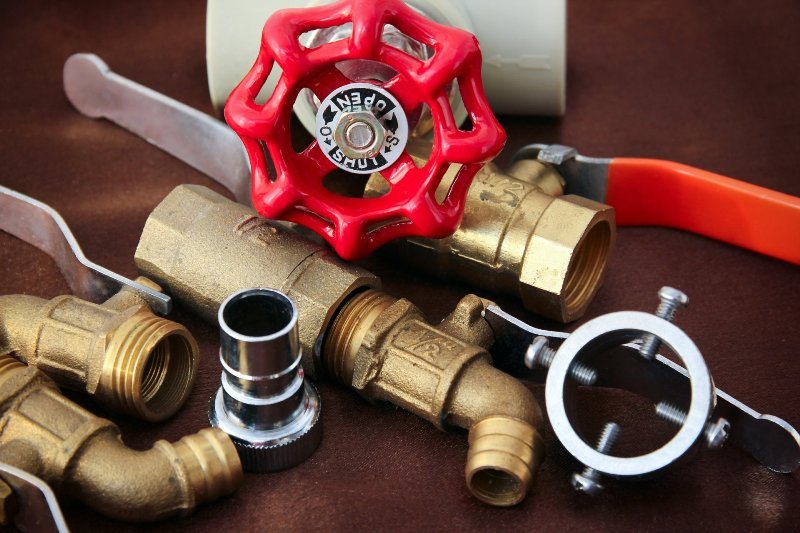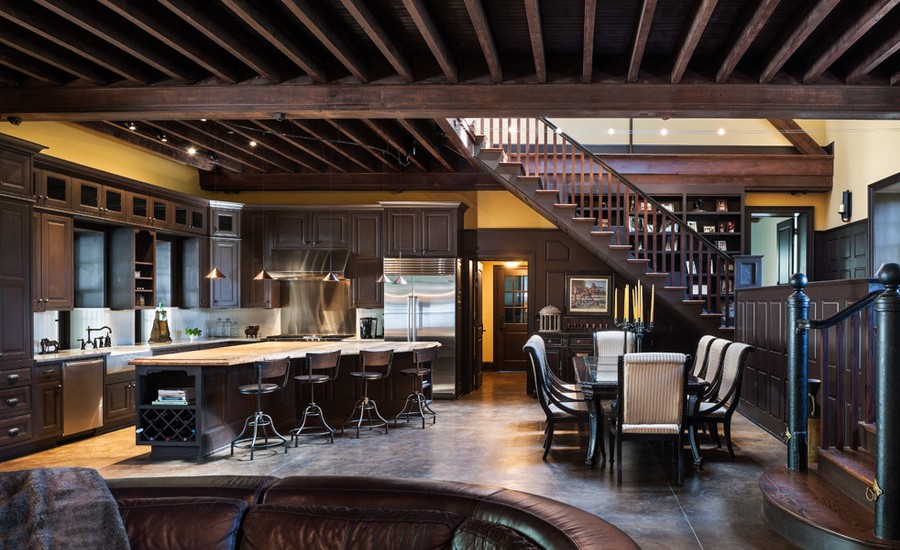Hiring a plumber seems like it would be an easy enough process until there is an emergent situation in your household. Then it comes down to not only expertise, skillset, qualifications, but are you getting the right type of plumber for the job? Not everyone is aware there are three different fields for plumbing, including commercial, residential, and service and repair. Depending on your particular situation, not each of these will be able to satisfy your requirements.
Calling Plumbing Services When You Have A Problem
If you have a clogged drain or the water is not efficiently working, your first thought is to call for a professional plumber. These are the people who are responsible for repairs, installation, anything that you need pertaining to the system that supplies water to your home, small business, or corporation.
But it’s critical that you educate yourself on precisely which type of professional plumbing service. Check out companies such as https://www.completecomfortgo.com/plumbing/commercial-plumbing/ to help you choose which type of plumbing service best fits your needs. They vary, and not all are suited to every scenario.
- The Commercial Plumber: Large public plumbing systems are the specialty for commercial plumbers. They train and gain experience for these systems, including corporations, school systems, malls, and so much more that have connections to large industrial equipment where they have the responsibility for repair, installation, and maintenance.
These trained professionals will not have the types of credentials necessary to work in the residential field due to the differences in the number of pipes and outlets that the experts need to account for on their regular day. For commercial work, there are typically multiple floors to contend with, meaning a large volume of sinks, toilets, and pipes to handle, making the job time-consuming and cumbersome as opposed to the work of a homeowner.
In addition to regular plumbing issues, this type of work requires waste removal, potential excavation trench work, and laying pipelines. This will link a building to the main water link locally. They are also responsible for the maintenance of the systems they install, which comprises a large part of their duties.
- The Residential Plumber: If you’re a homeowner with an emergency, the plumbing service that you would contact would be a residential service as they are trained and qualified for in areas including new constructions, new additions, and everyday home issues.
These have little experience with the skills to perform commercial duties. However, this does not diminish their competency in taking care of a household’s plumbing system. The commercial talent is at a level that those trained residential don’t require the skill set.
The essential qualifications for home issues are to ensure that the water system is in good repair and that the toilet system works. Troubleshooting and installation of mechanisms to keep the home smoothly running is a significant concern. The suggestion is that these professionals remain on contract annually for inspection to prevent issues and maintain a functional, safe operation.
- The Service And Repair: For either a commercial or home call where there is a repair needed, this particular professional would receive a call. These experts are trained in solving problems for either business or home issues. They are versed in being personable because they work in close contact with clients whose commercial and residential services generally do not.
As a whole, a residential plumber is going to deal with those issues of a smaller scale. They understand how the household works and have training in taking care of any problems that come up in that type of scenario.
On the other hand, the commercial plumber will be able to handle any type of situation that takes place on a grander scale as with a corporation or something of a multi-level building where there is a multitude of plumbing operations. They are versed in more extensive procedures and trained to handle large loads.
In both situations, they do utilize similar materials and have an understanding of the basic flow of their systems. But the differences between them make it critical to ensure you select the professional suitable for your particular situation.




















